The word education comes from Latin root “educo” which means to educe or draw out. As such education is concerned not only with acquiring knowledge but also about transforming the personality of a person and making him fit for living in a real sense. This transformation process implies an understanding of human nature and its proper cultivation so that the individual attains the potential which is present in him.

What is Modern Education?
Modern education is not merely concerned with giving formal knowledge, rather it aims at the complete development of the personality of an individual. It provides him with all-round development so that he becomes capable to face any challenges in life and also harnesses inner potential for social betterment.
To enable a student to acquire human values, scientific attitude and noble character is the objective of modern education. Such an education system helps in transforming society by producing upright citizens who can contribute positively towards national progress. The curriculum should be designed in such a manner that students are able to face practical problems which they come across in day-to-day life.

Modern Education Explained
Dr. Radhakrishnan, while explaining modern education says “the aim of Education has thus been conceived not merely as a means of earning a living or a preparation for life but as an indispensable factor in the full and harmonious development of the total personality of Man”.
In present-day scenario, technological advancement has considerably influenced our day-to-day life. So it becomes essential that the education system should also get restructured to keep pace with changing times. In this context, modernization of education aims at removing the gap between traditional education and education required by industry so that students can get necessary training which will help them in doing routine tasks more efficiently.
At the same time emphasis is laid on acquiring creative skills so that one can contribute uniquely towards social growth. This type of modern education ensures all-round development of a student through different curricular activities like arts, sports, physical education, library activities, community services, etc.
The aim of modern education is the development of personality by providing all-round training to a student. Such an education makes him capable enough to face challenges in day-to-day life and also helps in bringing out the hidden potentials for social good.
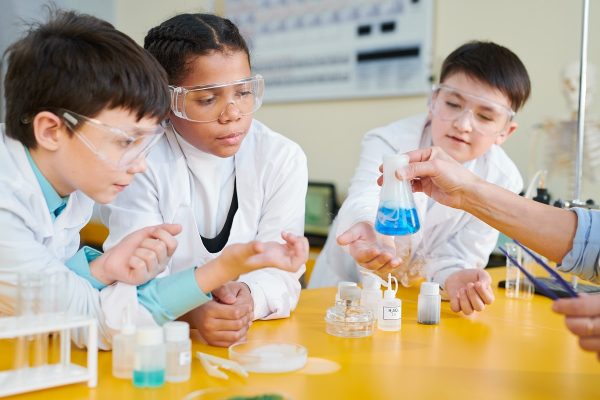
What is the Purpose of Modern Education?
The purpose of modern education is to empower students with the knowledge and train them for life. A student after acquiring such an education will be able to face challenges in practical life more efficiently and can also contribute positively towards social betterment.
Need For Modern Education
Modernization is needed not only because academic curricula have become outdated but also because it prepares students for technological advancements that are taking place at breakneck speeds. It makes students adept at using both traditional skills as well as technological expertise with equal ease so that they become adaptable towards changing times.

The current education system is doing injustice with common people by narrowing they’re so they can’t deal with the complexities of private and public life. Today’s world is competitive with all types of challenges before humanity, so it becomes necessary that the education system should be made flexible enough to prepare students for this ever-changing scenario.
What Are The Benefits of Modern Education?
As far as the usefulness of modern education is concerned it can be summarized as follows:
(i) Modern education widens the intellect of a student by introducing new methods and objective psychology, which enables him to face different situations with confidence.
(ii) It helps in developing analytical skills among students so that they can understand complex issues easily. This ultimately results in making good decision-makers who can contribute positively towards social growth.
Modern Education vs Traditional System
Education is conventionally seen as the cultivation of personal wisdom through conventional means like books, lectures, etc. The modern education system has evolved by rejecting this traditional concept of transmitting knowledge from one person to another.
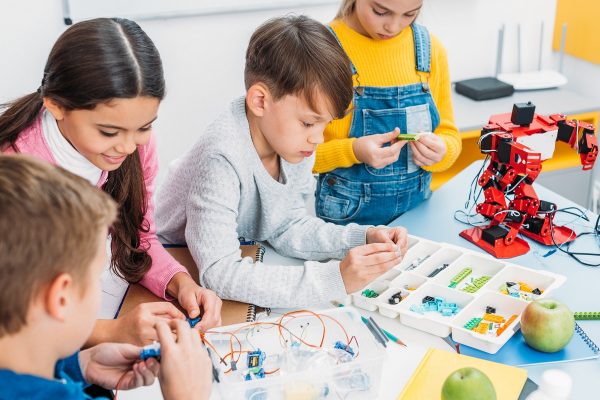
Traditional Education (Classical Approach)
Students are not exposed to practical problems which they come across in day-to-day life. The role of the teacher is restricted merely to the transmission of information that he has learned from his predecessors without making any effort for its application in real-life scenarios.
Modern Education (Pragmatic Approach)
Teachers used to be isolated as repositories of knowledge who impart information gathered over the years through their personal experiences and observations. They used to tell their students what is right or wrong but never explain how it can be put to use in real-life situations. This is where the role of teachers has changed and now their focus is on teaching students how to apply knowledge in practical settings.
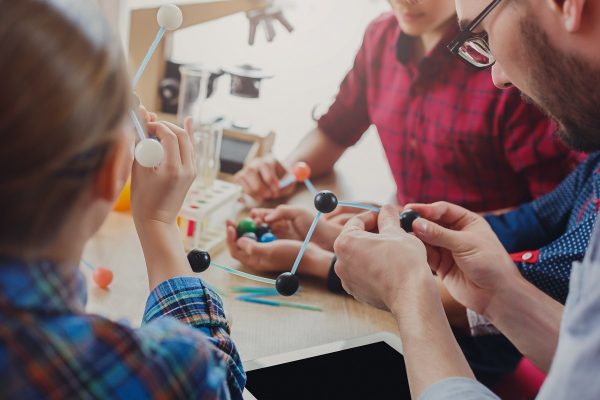
Codification of Education:
A major aspect of modern education systems is that it provides a theoretical understanding through which we can see the world in a different light. At this stage, most people rely on textbooks written by scholars who were either not so experienced or wrote text a few decades ago.
Role of Academia
Higher academic institutions play an important role in modernizing the education system by producing competent professionals through various courses offered at the postgraduate level. These institutions prepare students for a competitive future and equip them with skills needed for day-to-day job requirements.
Need For Modern Education
Higher education institutions are not only meant to produce good professionals but also capable citizens who can contribute towards building a strong nation. Thus, they need to play their role by initiating reforms in the traditional education system so that the gap between real life and academia is filled up.
Modern Education Need For The Future
The future of any country or society depends upon the caliber of its present generation which makes it necessary for them to equip themselves with all essential information related to the latest technologies, communication skills, leadership abilities etc. This will make them competent enough to face the challenges of the modern era.
Challenges Faced By Modern Education System
Despite all advantages mentioned above, there are few problems that modern educational systems might have caused due to the fast-paced growth of technology.
1. Conformity:
In order to achieve organizational goals or targets, the employees are compelled to follow a set of rules which may impact their individual freedom and creativity.
2. Loss of Responsibility:
With the increase in specialization, the individuals feel less responsible for the overall growth of the organization. It has been seen that often organizations blame ‘globalization’ for all their issues despite the lack of proper implementation of training and development programs in employees.
3. Lack Of Proper Communication:
Due to over-complication and shorter deadlines many times there is miscommunication between different sections and teams which affects the overall performance of the company negatively.
Condition of Modern Education in Pakistan
The Pakistani education system is in need of reforms in almost all sectors whose modern setup might reduce the burden on students. The education sector of our country suffers from different problems due to the lack of proper implementation of reforms. Among them, lack of quality teachers, nonstandard syllabus, obsolete teaching methods, etc are most prominent. To deal with this serious issue, the government should take initiatives by focusing on teacher training programs for imparting modern teaching skills.
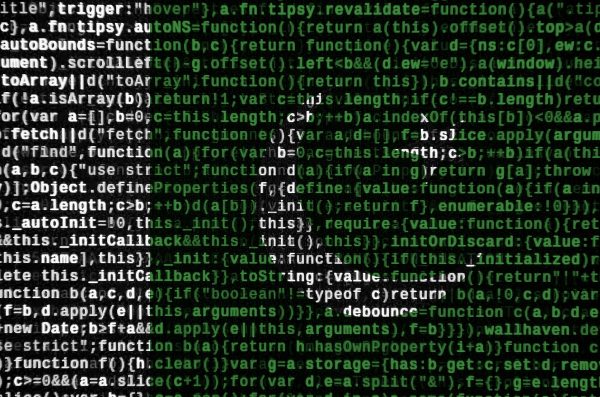
Since the curriculum has no formal evaluation system so it does not help students in determining their weak areas. Current Status Of Modern Education In Pakistan
1. Textbooks:
Textbooks prepared by private publishers lack quality information and are often confused by students.
2. Teachers:
Teachers are not properly trained for inspiring students to learn new things which results in poor motivation levels among them.
3. Educational System
The conventional way of education imparts only theoretical knowledge but fails to provide practical experience which cannot be compensated through classroom lessons or bookish learning.
Modern Education is STEAM Education
STEAM is an acronym that stands for Science, Technology, Engineering, Art & Math. While the traditional education system focuses only on math and science subjects at the primary and secondary level, it has turned into STEAM education because of its broader focus.
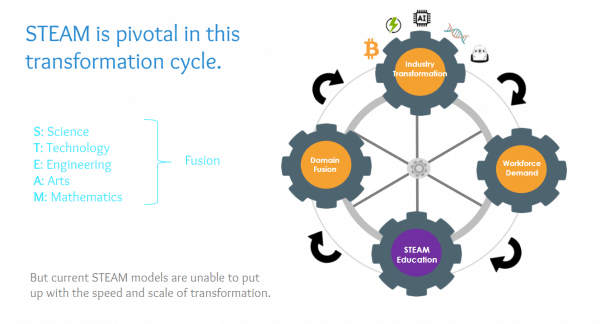
This is the reason students are encouraged to focus on art at the pre-college level because it helps in the development of creative thinking skills which is equally important in both quantitative and qualitative fields. In near future, universities will focus on STEAM education as a part of their formal curriculum at different levels.
Modern trends in Education
Today, education is no more confined to classroom lessons as it has become a part of growing-up process for students. With the advent of modern technology, educational institutes have tried to introduce new methods and tools which help in developing different skills among them.
The focus on life-long learning and teaching methodologies has turned into online classes that allow students to attend lectures from any corner of the world. While the traditional education system focuses on theory, modern trends include practical experience as well. This way students will be able to do things practically with proper guidance from teachers.

In near future, there will be a significant change in the current education system due to the emergence of hybrid models which might successfully fulfill the requirements of all stakeholders involved i.e students, teachers & parents, etc.
Modern Trends in Education System
1. Educators are trying to make the learning process more practical by focusing on self-driven study.
2. Globalization has increased the demand for life-long learning among the young generation by including different skills in the curriculum.
3. Teachers are not only confined to classroom teaching but also delivering lectures online through virtual platforms.
4. Students are focusing more on getting practical experience rather than limited theory-based knowledge.
5. Parents and teachers consider a student’s academic performance as a measure of his /her success rather than complete personality development.
6. Students are forced to select their career path in the early stages of their academics which limits their creativity.
7. There is a lack of proper teacher training programs so they cannot able to provide modern teaching skills among them.
8. Many online universities and colleges are operating without proper recognition from government authorities.
9. Private sector has introduced different innovative methods for delivering education but the majority of these institutes lack quality standards, faculty, students & curriculums. The problem arises due to the absence of centralized authority that might control the activities related to private sector educational institutes.
Conclusion
In the future, the education system will be more practical and students will enjoy learning different skills that help them to become better people in their respective fields.
The systems which are currently running in online mode might be replaced by hybrid modes such as blended learning programs due to its flexible nature.
As on today , lack of common standards is the main problem for all stakeholders involved in educational activities whether it’s about teachers or institutions of learning .

